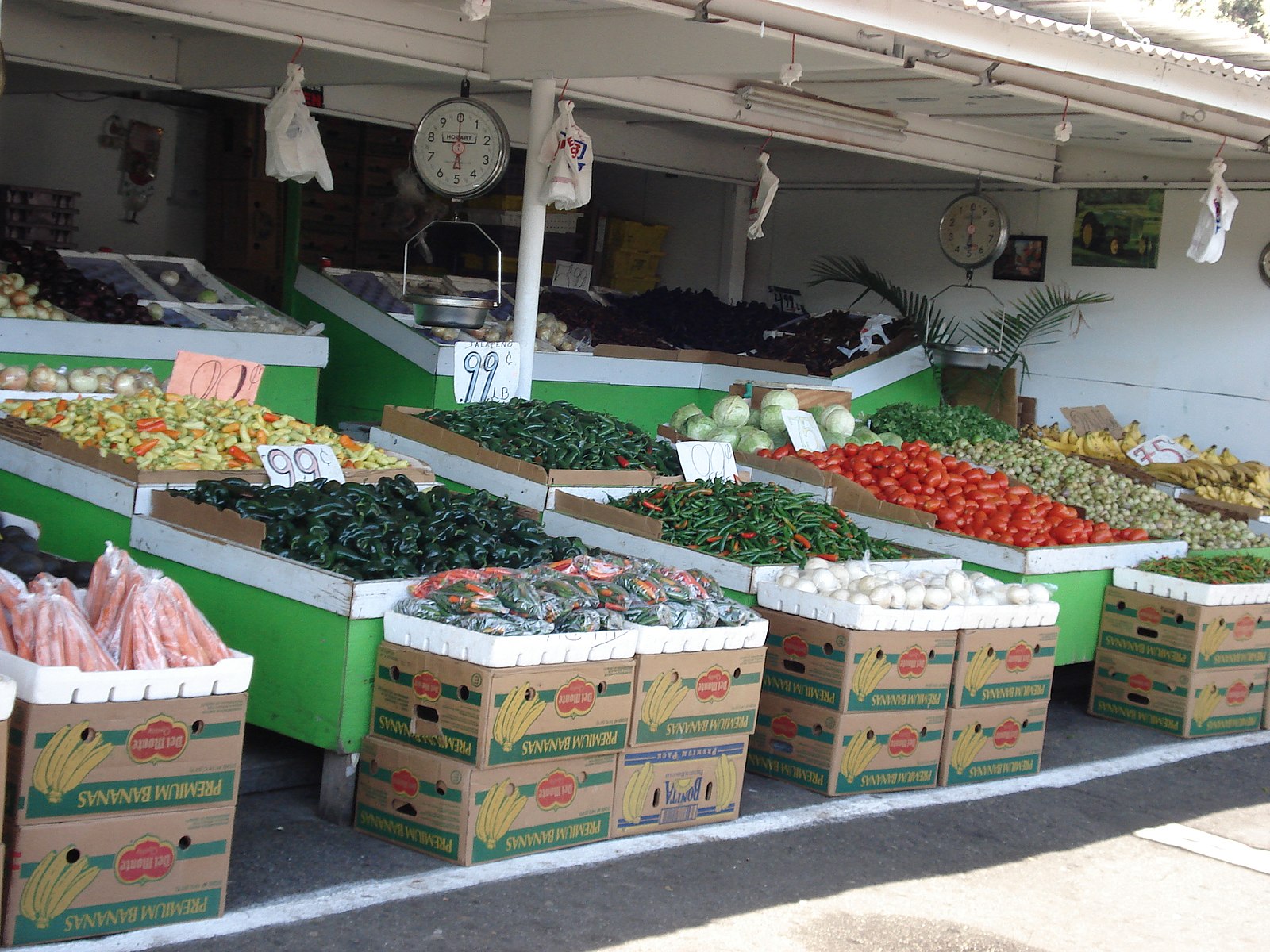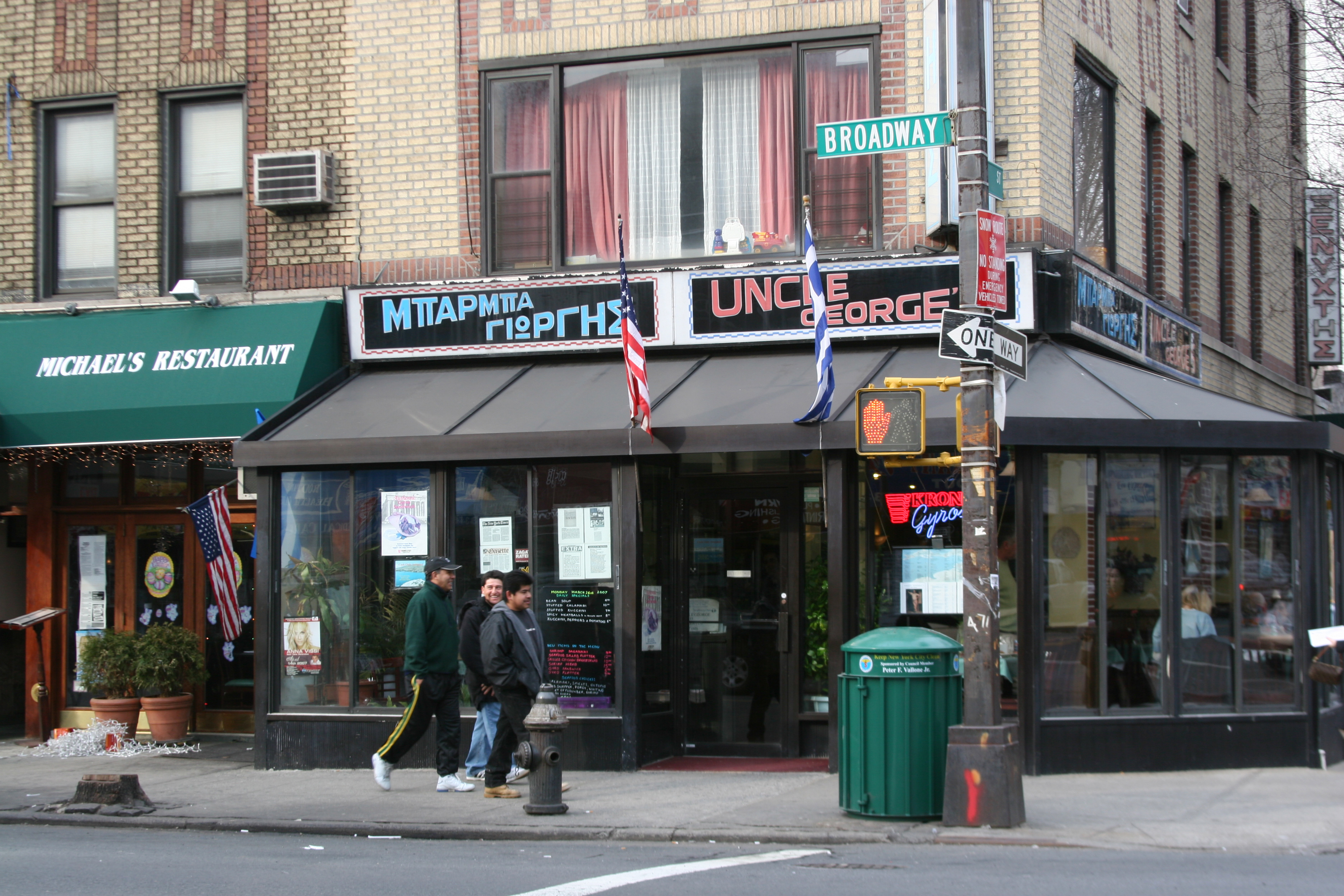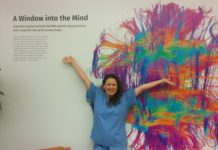For those of us who are bilingual or multilingual, our languages may shape our identities and cultural affiliations more so than race, economic status or religion.
With about 20% of children in the US population speaking another language at home, and more kids going to dual language immersion programs, we will have more Americans who are totally fluent in at least two languages and may feel comfortable in two or more cultures. According to the US Census, “the use of a language other than English at home increased by 148% between 1980 and 2009.”
Didn’t feel “white”

I didn’t identify with the socio-economic label of “white” growing up in a low-income Soviet immigrant family because “white” was associated with financial stability and monolingual parents who spoke flawless American English. Many of my friends were from East and South Asian immigrant families. In California, my (Russian) father was often mistaken as Mexican because of his tan skin, dark hair, thick accent and poor English. We were usually the only white family shopping at the flea market where Mexican and Vietnamese families sold everything from produce, fish, clothing, Mexican piñatas to used car parts. Flea markets are much less expensive than the “farmers markets” that are popular in suburban and middle to upper class areas that have organic and non-organic produce and can sometimes be expensive with organic tomatoes selling for $4/pound, pasture-raised eggs for $10 a dozen and pricey essential oils.
The first time I felt “white” was when I returned to Russia. I looked like the mostly Caucasian Russians I saw and I spoke their language. But my feeling “white” was tied to speaking Russian, knowing the culture and having some Slavic facial features, not my skin tone.
Even now, when I am better of financially than when I was a kid and don’t go to flea markets, I still don’t associate myself with white monolingual environments. Communicating only in English is boring.

Speak white
In 1970, the Quebecois Canadian poet Michèle Lalonde wrote the poem Speak White, a slur used by white Anglophone Canadians against white French-speaking Canadians to force them to speak in English and not French. “Speak white” meant to speak in English. The term “white” is not referring to race but language. Although I never faced such linguistic slurs, I can relate to the association between being white and speaking perfect North American English.
See the video of the poet reciting her poem with subtitles in English:
[embedyt] https://www.youtube.com/watch?v=Yx1-N6AFucw[/embedyt]
Text version of Speak White in French and English
Multilingualism is my identity
I feel more “at home” in multilingual environments, such as multilingual Montreal, Quebec. See my post Rediscovering my inner francophile in India and Quebec.
I connect with people via the 8 languages I know. I speak in Russian, Spanish and English to my nephew and niece, who are half Ecuadorian and half-Russian. The person I speak to most frequently in French is Vietnamese-French. While visiting my Russian cousin in Brazil with his Afro-Brazilian wife and her family, the conversations at the table seamlessly switched from Russian, Spanish, Portuguese and English, I felt like my ability to change from one language to another was part of my identity. I could connect with different people at the table in the language(s) they knew best without an interpreter. (My cousin met his wife in Cuba and they speak to each other in Spanish.)
Being bilingual or multilingual is also an identity or part of our identity because language is part of how we think, communicate and socialize.












